Achieving financial freedom requires a strategic change of your income approach, moving beyond traditional saving methods. While saving is a crucial component, it often falls short in generating the wealth necessary for a secure future. By exploring diverse income streams—such as investments in real estate or the stock market—you can cultivate a robust financial foundation. Understanding the nuances of these strategies can reveal the potential for sustainable cash flow and independence. Consider what actions you can take today to reshape your financial landscape, as the choices you make now could greatly influence your future.
Key Takeaways
- Shift your focus from saving to investing to grow wealth and achieve financial independence.
- Diversify your income streams with rental properties, dividend stocks, or digital products for sustained cash flow.
- Educate yourself on investment strategies to make informed decisions that align with your risk tolerance.
- Regularly review and adjust your financial goals to stay aligned with life changes and market conditions.
- Develop a strategic retirement plan that includes understanding costs, creating a withdrawal strategy, and building a diversified investment portfolio.
Limitations of Saving Alone

Although saving is often promoted as a fundamental strategy for securing financial stability, it alone may not be sufficient to meet the demands of retirement. Many individuals face saving challenges that limit their ability to accumulate the necessary funds for a comfortable retirement.
Misconceptions abound regarding retirement, leading to the belief that diligent saving can replace the need for strategic financial planning. However, relying solely on savings often results in an unsustainable lifestyle, as savings provide temporary relief rather than enduring security.
To truly prepare for retirement, individuals must recognize that saving and investing are distinct yet complementary strategies. Understanding this difference is essential for developing a robust financial plan that supports lasting independence and well-being in retirement.
The Power of Investing
As individuals seek to secure their financial future, understanding the power of investing becomes essential; it is not merely an option but a necessity for achieving long-term wealth and financial independence.
Cultivating an investment mindset allows individuals to view money as a tool for growth rather than merely a means to save. By aligning investments with personal risk tolerance, one can create a balanced portfolio that withstands market fluctuations.
Investing early, even in small amounts, can result in compounded growth over time. Emphasizing education in investments equips individuals with the knowledge to make informed decisions.
Ultimately, embracing the power of investing alters financial goals from distant aspirations into achievable realities, paving the way for sustainable income and financial freedom.
Pathway to Financial Independence

Achieving financial independence requires a deliberate and structured approach, where individuals shift from traditional saving methods to a more dynamic investment strategy.
This shift involves setting clear financial milestones that guide progress toward your goals. Investing education is essential; it equips you with the knowledge to make informed decisions, ultimately altering your financial landscape.
By prioritizing investment over mere saving, you cultivate an asset base that generates passive income and encourages sustainability.
The path to financial independence is not instantaneous; it demands time, learning, and adaptability. However, as you gain experience and reach your milestones, the options for retirement or business exit become increasingly viable, paving the way for a life of freedom and security.
Strategies for Sustainable Cash Flow
Building upon the foundation of financial independence, developing strategies for sustainable cash flow is essential for long-term stability.
To achieve consistent cash flow, individuals should explore diverse income strategies, such as rental properties, dividend-paying stocks, or creating digital products. These avenues not only provide passive income but also reduce reliance on a single source of earnings.
Additionally, maintaining a budget and tracking expenses can enhance cash flow management, allowing for reinvestment into income-generating assets. Regularly reviewing financial goals guarantees alignment with evolving life circumstances.
Frequently Asked Questions
How Do I Start Investing With Limited Funds?
Starting to invest with limited funds involves micro-investing platforms that allow small contributions. Allocate a specific portion of your budget to investments, prioritizing consistent contributions, and gradually build your portfolio over time for sustainable growth.
What Are the Biggest Risks in Investing?
Approximately 20% of investors experience significant losses due to market volatility each year. Additionally, investment scams pose a critical risk, often targeting inexperienced investors, highlighting the necessity for thorough research and risk assessment in investment decisions.
How Can I Diversify My Investment Portfolio Effectively?
To effectively diversify your investment portfolio, consider incorporating real estate and dividend stocks. This approach mitigates risk by spreading investments across various asset classes, enhancing potential returns while providing a steady income stream through dividends.
What Are Some Common Investment Mistakes to Avoid?
While sound investment strategies emphasize rational decision-making, emotional investing often leads to impulsive choices. Avoid common mistakes such as chasing trends, neglecting diversification, and failing to conduct thorough research before making significant financial commitments.
How Do I Assess My Financial Progress Regularly?
To assess your financial progress regularly, establish clear financial benchmarks and utilize progress tracking methods. Periodic evaluations against these metrics will provide insights into your financial health and guide necessary adjustments to achieve your goals effectively.
Conclusion
Ultimately, altering income for financial freedom requires a strategic shift from mere saving to robust investing. By embracing diverse income sources and committing to ongoing education, individuals can pave a pathway toward sustainable cash flow and lasting wealth. This expedition, marked by proactive decision-making and adaptability, enables one to navigate the complexities of financial independence. Ultimately, the pursuit for financial freedom is not a solitary effort; it is a vibrant tapestry woven from informed choices and diligent work.


